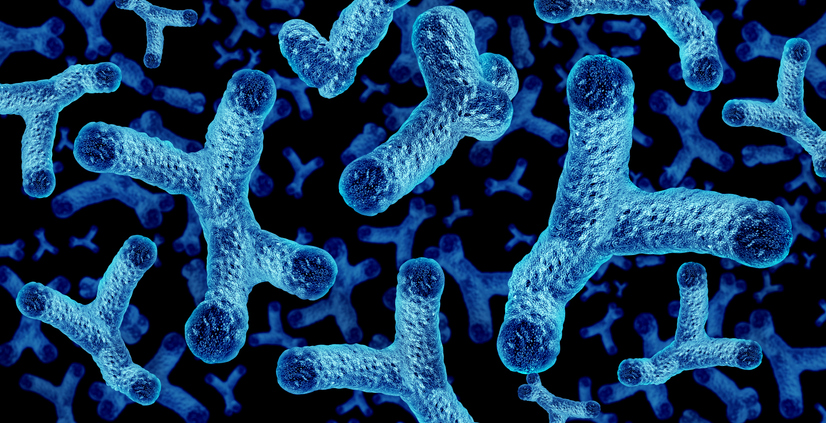An early stage study suggests that a bacteria called Bifidobacterium breve in the gut of women during pregnancy could help boost the health of the placenta and improve the chances of a healthy birth.
As reported in the Journal of Translational Medicine, the study was carried out in model mice, but the researchers believe their findings could also apply to human pregnancies.
“Our results open up an entirely new way to assess the health of a pregnant mother and her developing fetus by looking at the mother’s gut microbiome,” said Jorge Lopez Tello, PhD, lead author of the study, who carried out the work while at the University of Cambridge’s department of physiology, development and neuroscience, in a press statement.
The study involved using ‘germ free’ mice that are raised in sterile conditions and do not have a gut microbiome. Half the mice were colonized with B. breve during pregnancy and half acted as controls.
The researchers studied how pregnancy differed in the mice based on the introduction of the B. breve gut bacteria. They found that many biological processes in the body were changed for the better by the introduction of the gut bacteria, particularly linked to placental health. For example, better fetal growth and nutrient levels, as well as less early pregnancy losses were linked to the exposure of B. breve.
“Our research reveals a whole new layer of information about how pregnancy works and will help us find new interventions that can improve the chances of a healthy pregnancy for mother and baby,” said senior investigator Amanda Sferruzzi-Perri, PhD, a professor at the University of Cambridge.
B. breve is a gram-positive, anaerobic, non-motile rod-shaped bacterium known for its beneficial effects on gut health and immune system modulation. Notably, it is found in breast milk and is thought to help infants to develop a strong immune system. It is often deficient in people with inflammatory gut conditions such as irritable bowel syndrome and celiac disease, and there is some suggestion it can help people to lose weight.
The researchers acknowledge their work is early stage and needs to be confirmed in additional animal studies and also in pregnant women, but say the study highlights the important role this species of bacteria plays in pregnancy regulation.
“It’s exciting to think that beneficial microbes like Bifidobacterium—which naturally support gut and immune health—could be harnessed during pregnancy to improve outcomes. Using something like a probiotic offers a promising alternative to traditional therapeutics, potentially reducing risks while enhancing wellbeing in mother and baby,” said Lindsay Hall, PhD, a professor at the University of Birmingham’s College of Medicine and Health, who was also involved in the work.

